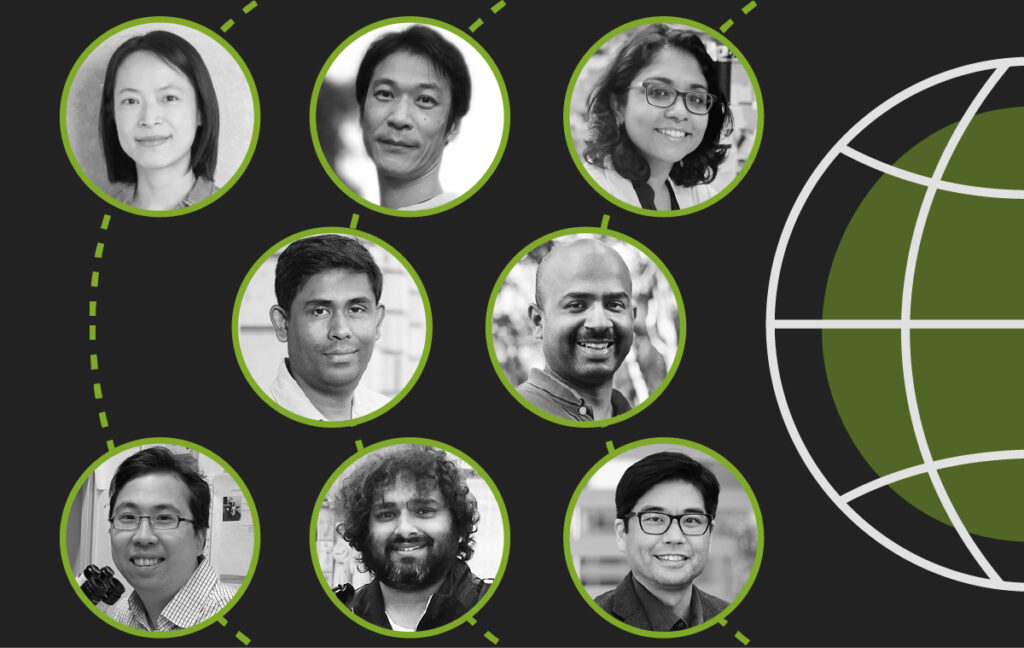15 December 2021 – EMBO is pleased to announce that eight group leaders have been selected as new members of the EMBO Global Investigator Network. They will be active members of the network for four years, starting in January 2022, during which they will have access to funding for a variety of networking and training activities.
“We welcome these group leaders from India, Singapore and Taiwan to the EMBO Global Investigator Network,” says Michael N. Hall, EMBO Director ad interim. “We are delighted to support them in further strengthening their regional and global scientific networks and look forward to their contributions.”
The EMBO Global Investigator Network supports life scientists who have an excellent scientific track record and have been group leaders for at least one but less than six years. They must carry out their research in an EMBC Associate Member State (currently India and Singapore), or in country or territory covered by a co-operation agreement with EMBC (currently Chile and Taiwan).
The network provides the global investigators with several opportunities for exchanges with other scientists both in their region and elsewhere, including EMBO Young Investigators and Installation Grantees. They benefit from funding for visits to other institutions to plan and continue collaborations, give lectures, learn new techniques, or perform experiments. Funds are also available to attend or organize scientific meetings and to receive training in research leadership and management skills.
The EMBO Global Investigator Network was launched in 2019. The success rate for the applicants this year was 21%. The eight new global investigators carry out their research in India, Singapore and Taiwan. The next application deadline is 1 June 2022. More information, including eligibility criteria and the application process, is available here.
| EMBO Global Investigator | Research project | Affiliation | |
|---|---|---|---|
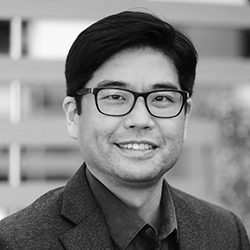 | Brandon Morinaka | Posttranslational modifications by radical SAM enzymes | National University of Singapore, SG |
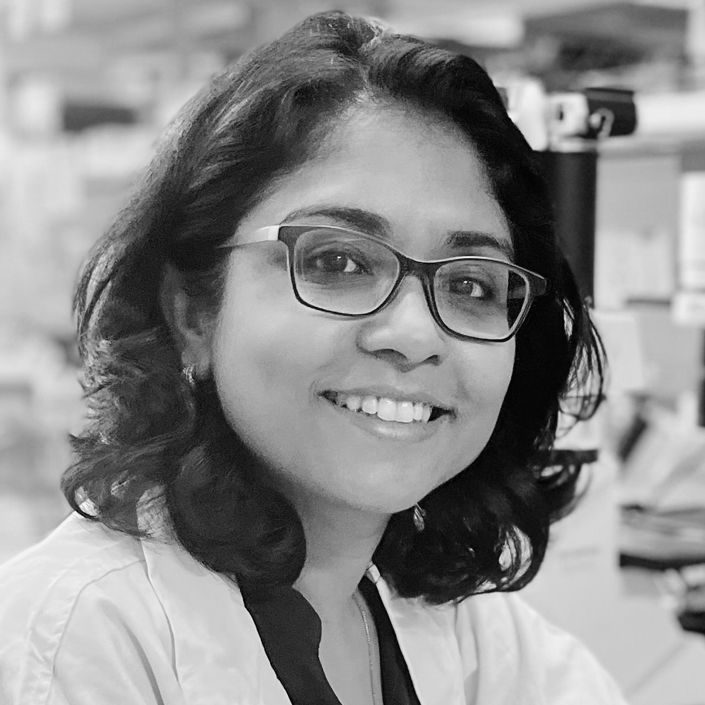 | Hiyaa Ghosh | Regulation of homeostasis and neuroinflammation in the mammalian brain | National Centre for Biological Sciences, Bangalore, IN |
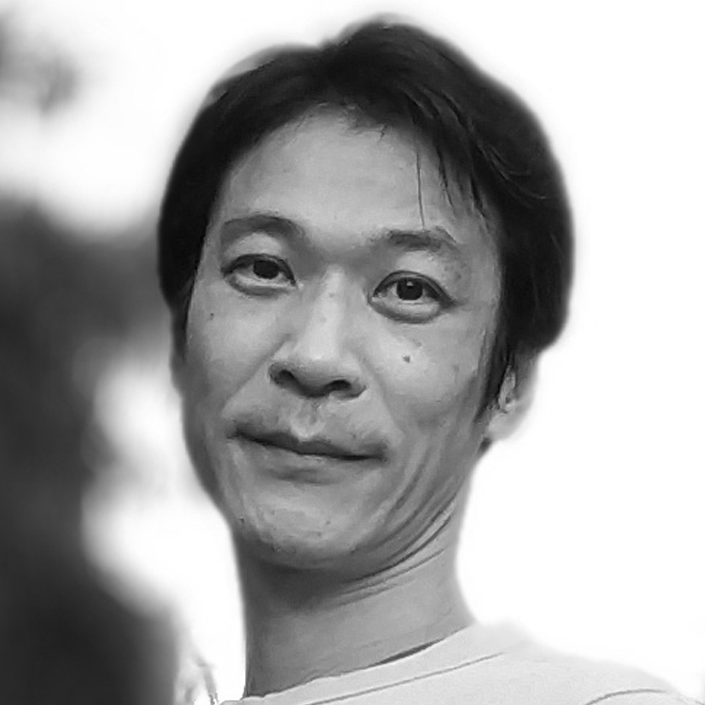 | Hsu-Wen Chao | The interaction between circadian clock, polyploidization and liver related diseases | Taipei Medical University, TW |
 | Ming-Jung Liu | Transcription and translation control for viral pathogenesis and plant defence | Academia Sinica, Taipei, TW |
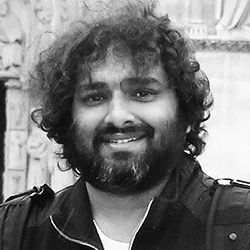 | Ramray Bhat | Pattern formation and morphogenesis in cancer | Indian Institute of Science, Bangalore, IN |
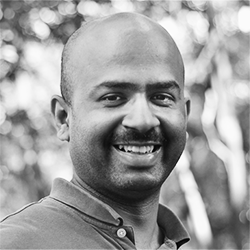 | Sandeep Eswarappa | Translational recoding of stop codons | Indian Institute of Science, Bangalore, IN |
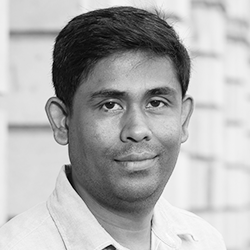 | Srimonta Gayen | Epigenetic regulation of gene expression during development and disease | Indian Institute of Science, Bangalore, IN |
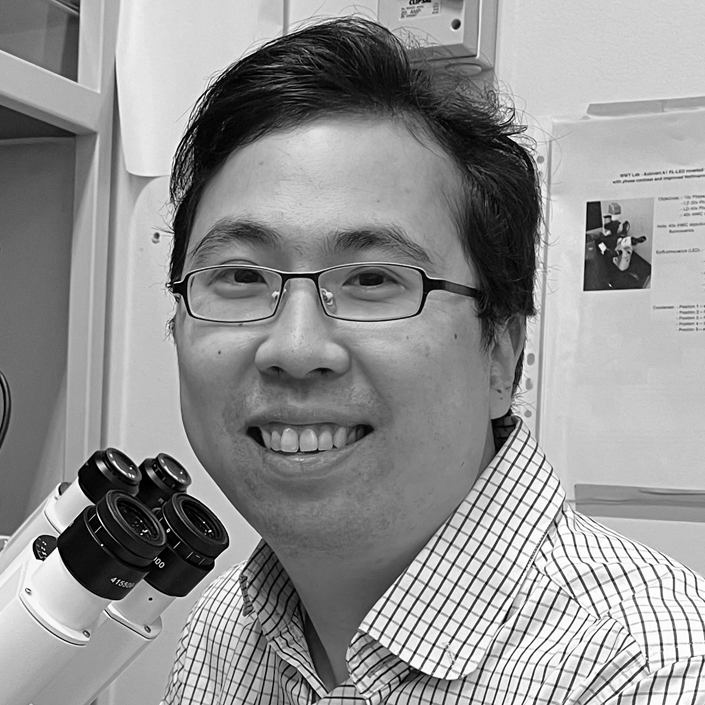 | Wee-Wei Tee | Investigating the mechanisms of chromatin plasticity in development and disease | Institute of Molecular and Cell Biology, Singapore, SG |
